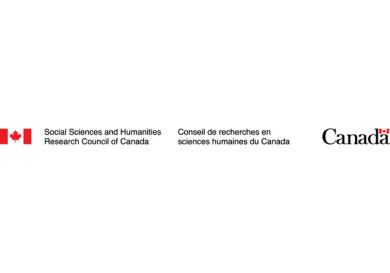Connected 150 was a two-day conference that brought together on October 13 and 14, 2017 at the University of Ottawa leading experts in Internet culture and digital citizenship, including academics, government officials, policy-makers, members of think tanks, members of the private sector, and civil society groups. The conference fostered much-needed dialogue and established a research agenda across sectors and generations. Together, participants drafted a public research agenda that identifies what we need to know about digital citizens in order to inform good policy and foster strong institutions.
Plenary sessions discussed cross-cutting issues of Internet culture and digital literacy, while breakout sessions explore the theme of digital citizenship through issues that are top-of-mind in 2017 for academics and practitioners like:
- Government service design
- News and media literacy
- Law and digital rights
- Civic engagement
In addition to fostering discussion Connected Canada 150 keeps the momentum going by building a network of scholars, policy makers, and members of industry and civil society who are interested in this area.
Connected Canada is more than just a conference. It’s an opportunity to work together with experts in the field to create a unique and lasting output: a public research agenda for digital citizenship.














